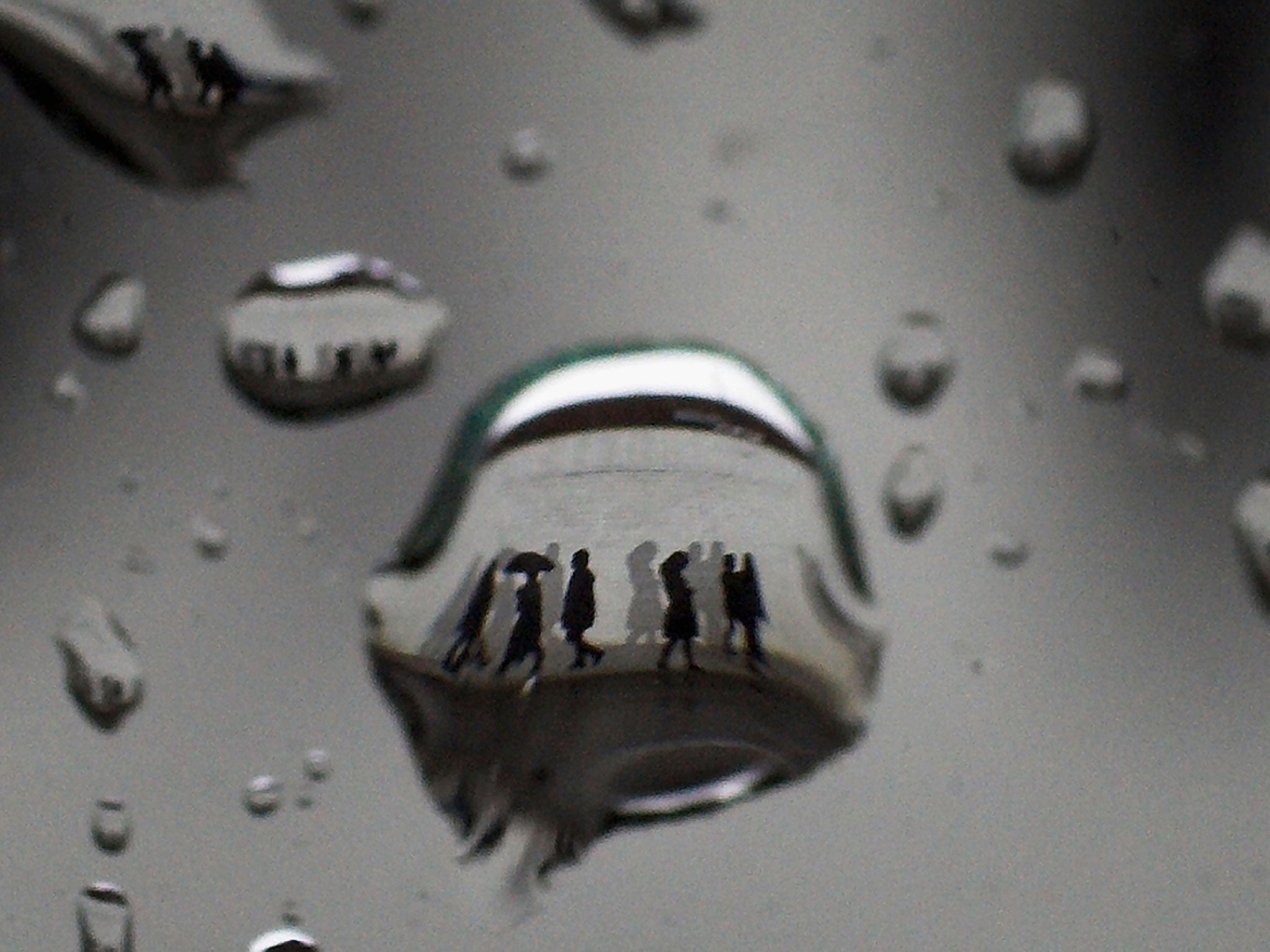Smartphone app could help uncover link between weather and chronic pain
Scientists invite public to help assess the effect of sunshine and rain on people with arthritis and similar complaints

Your support helps us to tell the story
From reproductive rights to climate change to Big Tech, The Independent is on the ground when the story is developing. Whether it's investigating the financials of Elon Musk's pro-Trump PAC or producing our latest documentary, 'The A Word', which shines a light on the American women fighting for reproductive rights, we know how important it is to parse out the facts from the messaging.
At such a critical moment in US history, we need reporters on the ground. Your donation allows us to keep sending journalists to speak to both sides of the story.
The Independent is trusted by Americans across the entire political spectrum. And unlike many other quality news outlets, we choose not to lock Americans out of our reporting and analysis with paywalls. We believe quality journalism should be available to everyone, paid for by those who can afford it.
Your support makes all the difference.For 2,000 years, doctors have been unable to explain scientifically the age-old patients’ complaint of “feeling under the weather”. Hippocrates, the Greek physician, first touched on the link between health and the weather in his On Airs, Waters and Places in 400BC.
Only now are experts on the verge of discovering the effect of sunshine and rain on chronic pain, and it is thanks to the mobile phone. Scientists at the University of Manchester are inviting the public to help them work out if certain weather conditions cause pain for people with arthritis and other chronic complaints.
In a world first, the patients will be able to use a smartphone application to tell researchers about their pain, while data on local weather conditions is gathered using their phone’s GPS signal.
Dr Will Dixon, director of the University of Manchester’s Arthritis Research UK Centre for Epidemiology, came up with the idea.
He says he noticed during his clinics as an honorary consultant rheumatologist at Salford Royal Hospital that patients were blaming their pain on the weather.
“Almost every week, a patient will tell me their symptoms are better or worse because of the weather, but whenever I ask how the weather affects their pain, there is no real consensus.
“There is a strong belief that pain is affected by the weather, but nobody has been able to work it out.”
Around 10 million people in Britain are living with arthritis – around one in five adults. One in five GP visits involve symptoms of the condition.
Many people with arthritis say their joints ache before a storm, which is thought by some experts to be due to a drop in pressure and a rise in humidity.
But evidence to support a link between their pain and the weather has been anecdotal, with scientists blaming a lack of accurate data.
The new study, which is entitled Cloudy with a Chance of Pain, is supported by Arthritis Research UK. Anyone with arthritis or chronic pain aged over 17 can take part using their own smartphone.
The scientists also want people to share their theories about what might be causing their pain.
“People taking part in this study will be helping to answer a question that even the father of modern medicine, Hippocrates, couldn’t resolve,” Dr Dixon said. “We are able to do that thanks to the mobile phones.”
The study could have real benefits for the millions of people in Britain who currently suffer from some form of arthritis.
Crucially, it will help to give people more control over their condition by helping them to predict when they are likely to be in more pain, and it could also lead to research into new therapies and treatments.
The study cannot come soon enough for Carolyn Gamble, 36, from Manchester, who has a genetic form of arthritis, which mainly affects her neck and hips.
“There are a number of things that impact on pain, but I do feel that weather plays a role,” she said. “When it’s hot and humid, I suffer, but equally when it’s cold and damp. Now we finally have the technology to find out for certain.”
Join our commenting forum
Join thought-provoking conversations, follow other Independent readers and see their replies
Comments